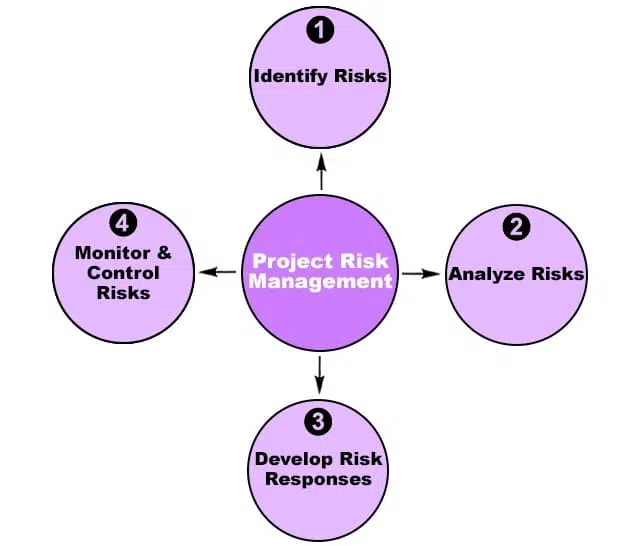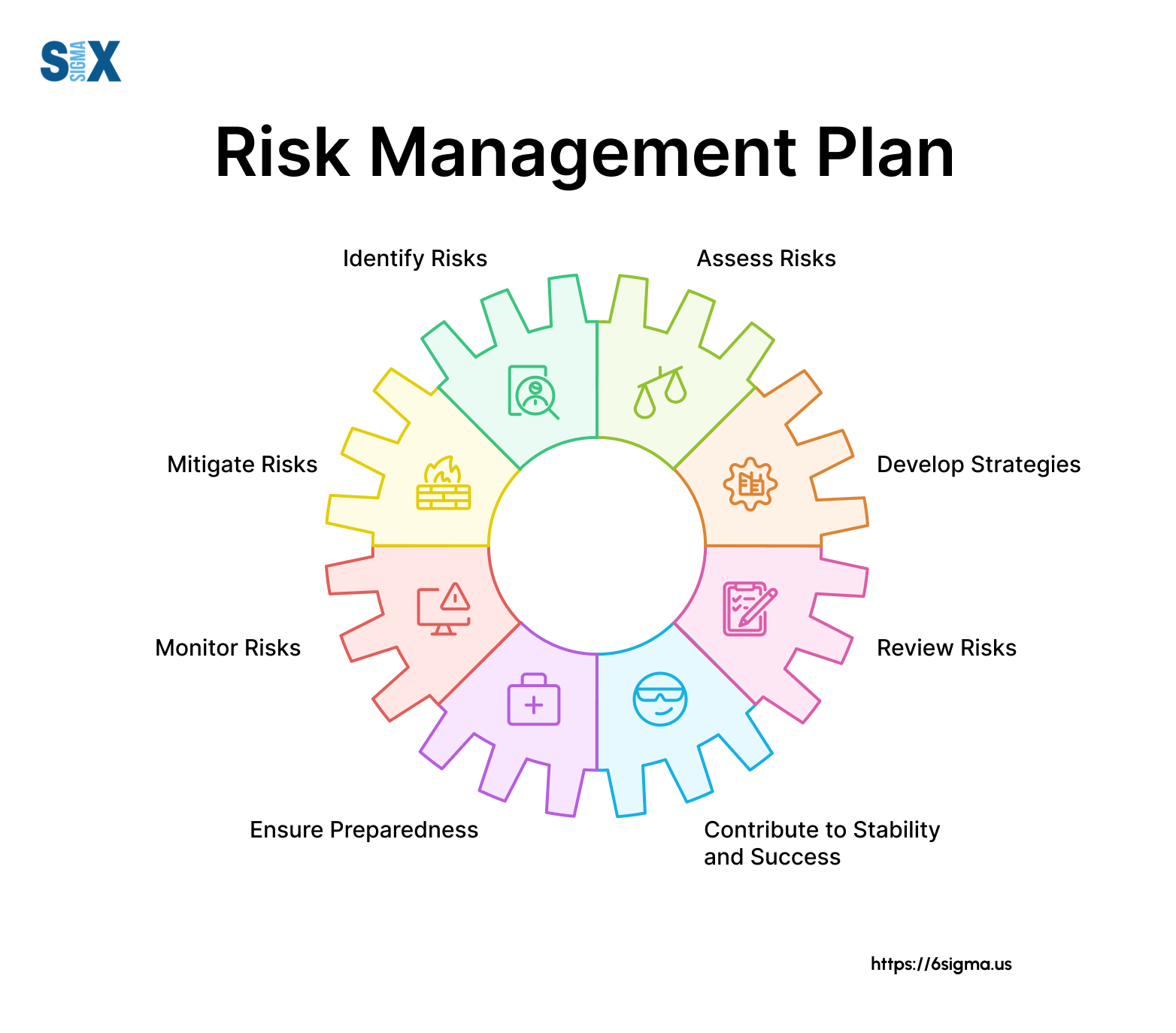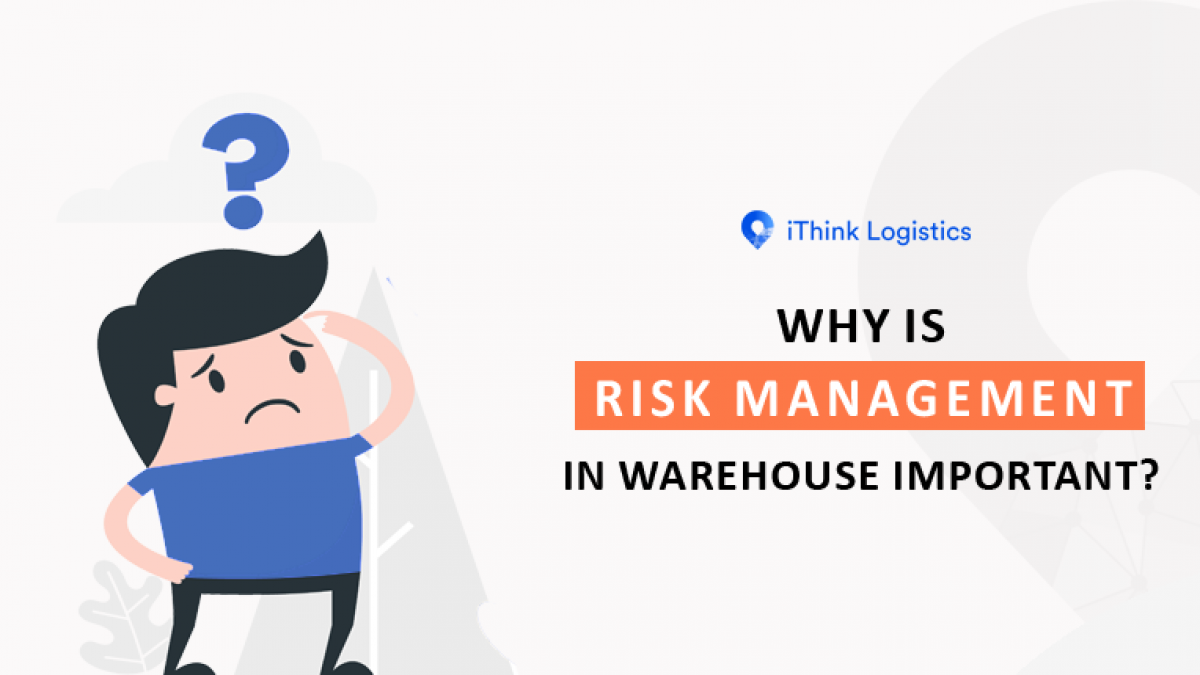Understanding the Value of Risk Management in Current Business Practices
Understanding the Value of Risk Management in Current Business Practices
Blog Article
The Vital Relevance of Risk Management in Achieving Business Objectives
In the quickly evolving business landscape, the capability to browse uncertainty has become an imperative. This is where Risk Management steps in, offering an organized strategy to identifying, examining, and mitigating potential obstacles to proceed. It's even more than simply a safety measure - it's a strategic device, promoting strength and innovation. As we explore the critical duty of Risk Management in achieving business goals, one can't help however wonder: just how does this equate right into real-world success?
Recognizing the Principle of Risk Management in Service

The Indispensable Role of Risk Management in Strategic Preparation
Integrating Risk Management into critical planning acts as a protect for organizations, anchoring their long-term plans with a strong foundation of readiness and resilience. Risk Management provides a structure for expecting uncertainties and designing ideal feedbacks, guaranteeing the organization's survival and prosperity even in the face of adversity. By including Risk Management right into calculated preparation, organizations can transform these uncertainties right into possibilities for growth and development.

Techniques for Identifying, Assessing, and Prioritizing Dangers
Navigating the complicated landscape of threats calls for the application of particular methods for their identification, prioritization, and evaluation. The process begins with Risk recognition, using tools such as SWOT analysis, which aids in identifying prospective threats and opportunities. Next off, Risk assessment is performed to establish the potential effect and chance of each Risk. Devices such as Risk matrices and impact-probability charts are utilized for this. Lastly, risks are focused on based on their potential effect and probability, allowing organizations to concentrate their resources on critical threats. This methodical technique guarantees a comprehensive understanding of the Risk landscape, enabling companies to make enlightened decisions and efficiently take care of threats to attain their goals - importance of risk management.
Securing Organizational Workflow With Reliable Risk Management
In business landscape fraught with uncertainties, effective Risk Management plays a critical duty in safeguarding business operations. It works as a safety guard, alleviating the damaging effects of potential risks and ensuring the smooth performance of all processes. By recognizing and assessing possible dangers, Risk Management makes it possible for companies to establish durable backup strategies. This precautionary approach aids in maintaining functional stability, also when challenged with unexpected situations. In essence, Risk Management is the lifeline that maintains the business operations afloat amidst unstable waters. It guarantees not only the survival but the lasting growth of an organization, making it an important device in attaining service goals. Therefore, companies have to invest have a peek at this website in detailed dig this Risk Management methods to safeguard their operations.

Transforming Potential Dangers to Opportunities: The Power of Risk Management
A positive approach to take the chance of Management involves recognizing, analyzing, and focusing on threats to create approaches that transform them into potential advantages. Hence, by leveraging the power of Risk Management, organizations can not only guard their operations however likewise stimulate development and achieve their objectives in an uncertain company environment.
Situation Researches: Success Stories of Risk Management Driving Company Objectives
Effective application of Risk Management approaches has yielded remarkable outcomes in different organizations, highlighting the merits of this strategy. Multinational companies like Microsoft and Google, for instance, have actually leveraged Risk Management to reduce hazards and make use of chances, driving their service goals onward. These examples highlight exactly how successful Risk Management can not just steer businesses clear of possible risks but additionally direct them towards their tactical more goals.
Conclusion
In conclusion, Risk Management is basically important in attaining business objectives. By incorporating Risk Management into calculated planning, services can much better navigate unpredictabilities, guard procedures, and capitalise on possibilities, thereby lining up with long-term goals.
At its core, Risk Management is the procedure of determining, assessing, and attending to possible risks that can negatively affect an organization's purposes or operations. Next, Risk analysis is conducted to determine the prospective impact and likelihood of each Risk. Dangers are focused on based on their possible impact and chance, permitting companies to concentrate their resources on high-priority risks. By identifying and assessing potential dangers, Risk Management allows organizations to establish durable backup plans. A proactive approach to take the chance of Management involves determining, analyzing, and prioritizing threats to develop techniques that turn them into potential benefits.
Report this page